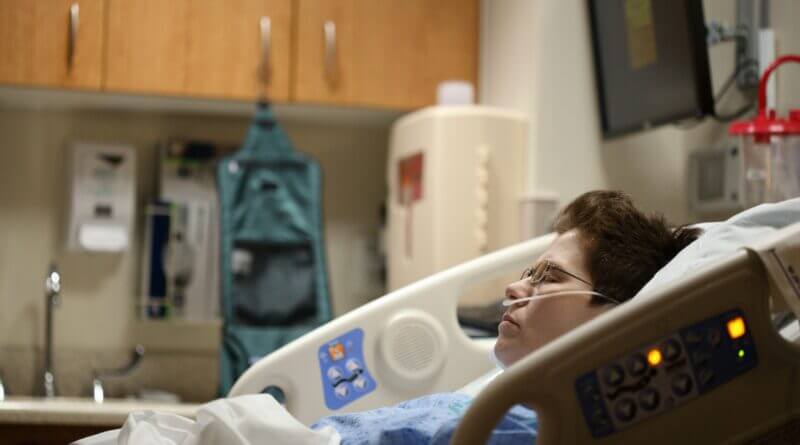Rural hospitals tackle workforce shortages with innovative solutions
Mississippi’s rural hospitals are taking bold steps to address critical healthcare workforce shortages by establishing innovative residency programs, forging strategic partnerships, and offering targeted training opportunities to recruit and retain healthcare professionals while expanding essential services. This proactive approach comes as healthcare providers nationwide prepare to celebrate National Rural Health Day on Thursday, Nov. 21. Established in 2011 by the National Organization of State Offices of Rural Health, this day highlights rural communities’ unique opportunities and challenges, including persistent shortages of healthcare workers.
“Rural hospitals face many unique challenges in delivering high-quality care with limited resources,” said Chad Netterville, director of the Mississippi Hospital Association’s (MHA’s) Center for Rural Health and the Mississippi Rural Hospital Alliance (RHA). “Finding a specialist, a respiratory therapist, or a nurse who not only commits to the hospital but to the community is transformative for Mississippians in areas where access to care is scarce.”
Expanding Access Through Residency Programs and Partnerships
Mississippi’s rural hospitals are leading the way in creating innovative residency and fellowship programs and forming educational partnerships to meet workforce needs. Examples include:
- Delta Health System and South Sunflower County Hospital: The Mississippi Delta Family Residency Program has expanded to include obstetric services, addressing a critical gap in maternal healthcare.
- Southwest Mississippi Regional Medical Center Family Medicine Residency Program: First-year residency program for those interested in family medicine anchored by the hospital and its clinics.
- Magnolia Regional Health Center: Fellowship programs provide advanced medical education to attract specialists to rural areas.
- Baptist Memorial Hospital-North Mississippi and Baptist Memorial Hospital-Golden Triangle: Internal medicine residency programs offer comprehensive training for future physicians.
- Baptist-Anderson and Mississippi State University-Meridian: A partnership with the School of Health Professions enhances opportunities for local healthcare education.
Free and Low-Cost Training for Rural Communities
To further support rural healthcare workers, MHA provides free and low-cost training, such as emergency obstetrics education for emergency department staff at hospitals without labor and delivery departments and age-friendly health services. These initiatives are designed to build capacity and confidence in addressing healthcare needs unique to rural populations.
Additionally, MHA recently launched Find Help Mississippi, which connects rural Mississippians with local resources to improve health and wellness, strengthening the community safety net.
Economic Impact
Rural hospitals play a critical role in the economic stability of their communities, often serving as one of the largest employers in the area. Beyond providing essential healthcare services, these hospitals generate significant economic activity through job creation, local purchasing, and attracting healthcare professionals and businesses to the region.
Rural hospitals are also vital to attracting retirees and businesses to the community, as access to healthcare is a critical factor in relocation decisions. A rural hospital’s closure or financial distress can lead to severe economic repercussions, including increased unemployment, reduced tax revenues, and the potential decline of other local businesses, creating a ripple effect that threatens the community’s overall economic viability.
Find the economic impact of your local hospital by visiting https://apps.mhanet.org/impact/. You can view economic impact numbers by system, hospital, county, city, public health district, Congressional district, or zip code.





